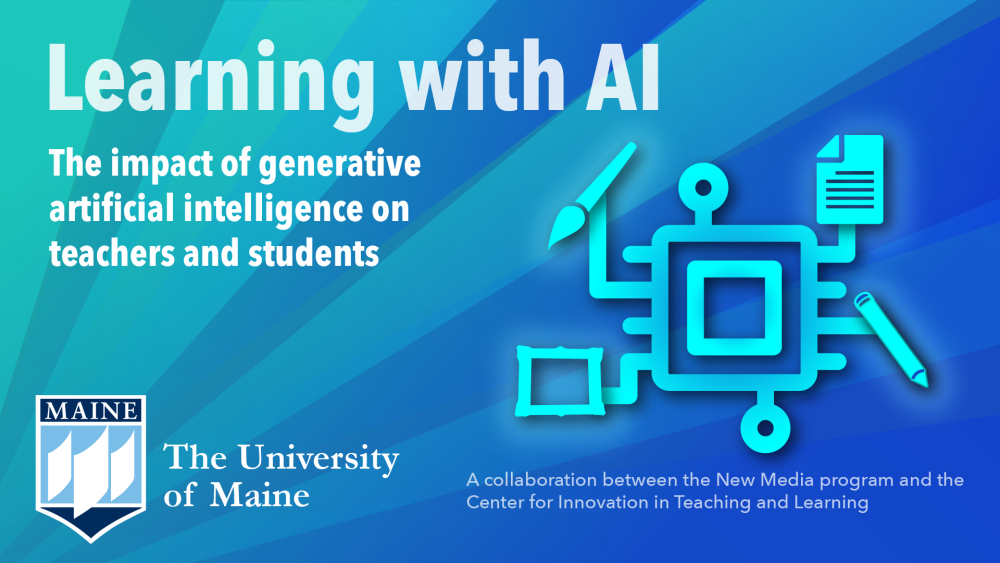 As the sudden rise of generative AI sends shock waves through society, no sector is feeling the disruption as abruptly and pervasively as education. Large Language Models like ChatGPT threaten to make the term paper obsolete, while diffusion-based text-to-image generators like DALLE-2, Stable Diffusion, and Midjourney offer a way to create images that’s completely outside the workflow of illustrators and designers, whether trained in analog or digital media.
As the sudden rise of generative AI sends shock waves through society, no sector is feeling the disruption as abruptly and pervasively as education. Large Language Models like ChatGPT threaten to make the term paper obsolete, while diffusion-based text-to-image generators like DALLE-2, Stable Diffusion, and Midjourney offer a way to create images that’s completely outside the workflow of illustrators and designers, whether trained in analog or digital media.
Rather than try to ban this technology from classrooms outright, the Learning with AI initiative from the University of Maine asks if this moment offers an opportunity to introduce students to the ethical and economic questions wreaked by these new tools, as well as to consider fresh new forms of pedagogy that can exploit them. The initiative includes a free toolkit with over 300 resources that visitors can explore through a unique keyword interface, all crowdsourced by contributions from an international community of educators.
Features of this unique toolkit include a searchable index of articles and videos and an up-to-date listing of related events cross-referenced with a list of expert speakers. Visitors can also browse strategies that either emphasize the humanity of the creator or incorporate AI into the classroom in a way that enhances rather than replaces the learning process.
Launched by the New Media program and Center for Innovation and Teaching and Learning, the Learning With AI working group unites campus representatives from the sciences and humanities, UMaine AI, and outside experts in a series of events meant to survey the challenges and offer resources to any educator or student wondering how to accommodate this disruption.
